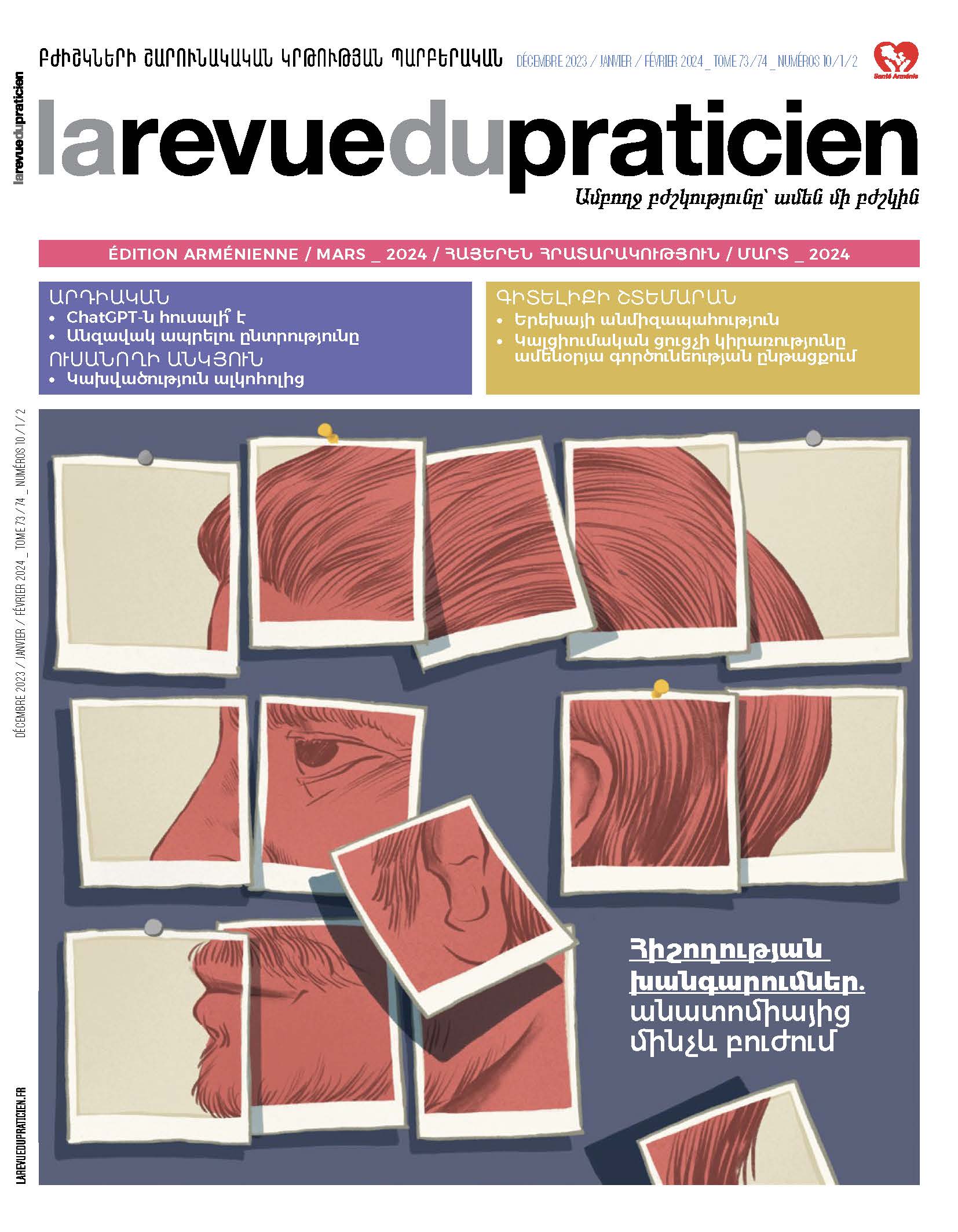Management of an amnesic patient 52
Pierre-Yves Jonin.Abstract
Until the early 1980s, neuropsychological rehabilitation of amnesic syndromes was limited to extensive repeated practice ('cognitive drill'). The ineffectiveness of these methods is now acknowledged, if the therapeutic target concerns daily life. On the other hand, a serie of therapeutic methods have shown robust, albeit modest, efficacy. These therapies are mainly based on the facilitation of impaired processes, on the learning of specific skills or on the use of external memory aids. Mostly applied within clinical neuropsychology settings, they have in common the need to identify a relevant goal in daily life. These methods are likely to lead to robust benefits in terms of independence and quality of life and demonstrate that the amnesic syndrome does not hinder any new learning abilities. Promising avenues in the field concern the combination of techniques and the use of technological aids based on neurocognitive models of human memory. Their effectiveness still relies on a highly tailored, individual approach, focusing on what makes each patient unique in terms of needs and disabilities.
Keywords :
Memory Disorders.
